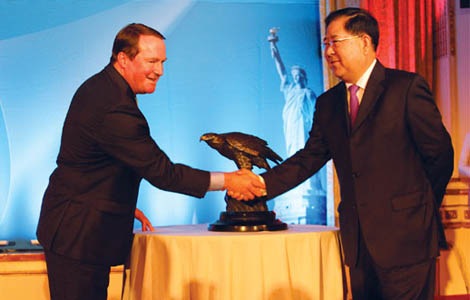Nagasaki commemorates 69th anniversary of US Atomic bombing
Updated: 2014-08-09 18:40
(Xinhua)
|
||||||||
NAGASAKI, Japan - Nagasaki, a southwest Japanese city, on Saturday commemorated the 69th anniversary of the US atomic bombing of the city, with its mayor calling for continued efforts to eliminate nuclear weapons and the Japanese government's attention to public opinion on the right to collective self-defense.
 |
| Hiroshima commemorates 69th anniversary of atomic bombing |
"The oath prescribed in the Japanese Constitution that Japan shall 'renounce war' is the founding principle for postwar Japan and Nagasaki, a country and a city which suffered the atomic bomb, " said the mayor.
"However, the rushed debate over collective self-defense has given rise to the concern that this principle is wavering. I urgently request that the Japanese government take serious heed of these distressed voices," Taue said.
Participants in Nagasaki's ceremony bowed their heads in silent prayer at 11:02 a.m. when the second-ever atomic bomb "Fat Man" detonated on the city 69 years ago, three days after the bombing of Hiroshima, killing an estimated 74,000 in Nagasaki by the end of 1945.
On Wednesday in Hiroshima, mayor of the city, referring to the collective defense, also said that the Japanese government should beware that the country has avoided war for 69 years due to the war-renouncing constitution, adding "We must continue as a nation of peace in both word and deed."
Japan's pacifist constitution banned the country from using force outside Japan, but the collective self-defense rights gave green light to the Japan's Self-Defense Forces to combat overseas for countries had close relations with Japan.
Japanese experts on legislation said the cabinet decision has major legislative defect, while the majority of Japanese oppose the rights to collective defense, according to latest poll.
To accelerate Japan's surrender in the World War II, the US forces dropped two atomic bombs on Hiroshima and Nagasaki on Aug. 6 and 9 respectively in 1945, and Japan surrendered to Allied Forces on Aug. 15, six days later from the Nagasaki nuclear attack.
- Japan's defense report defends military ambitions with old excuses
- Japan commemorates 69th anniversary of atomic bombing
- Japan approves defense white paper for 2014
- Japan, China seek to hold summit at APEC in November - media
- Japan must accept its war crimes
- Japan's naming farce can't change China's sovereignty over Diaoyu Islands
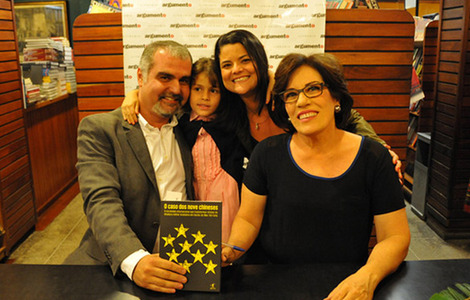
 After 50 years, justice at last?
After 50 years, justice at last?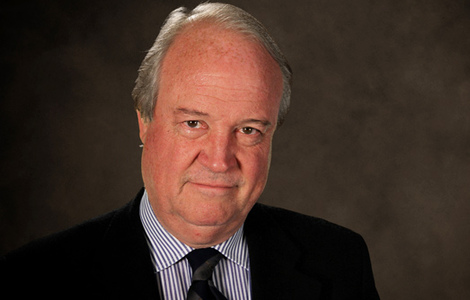
 Chile seeks greater investment from China
Chile seeks greater investment from China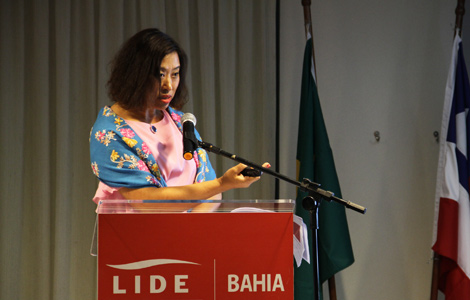
 Salvador conference opens door to closer ties with China
Salvador conference opens door to closer ties with China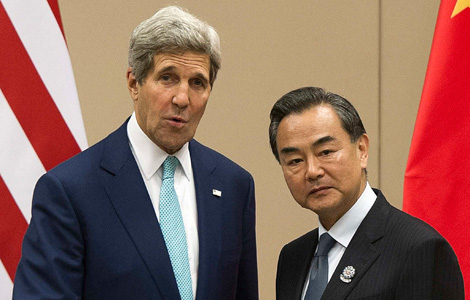
 Chinese FM meets US state secretary in Myanmar
Chinese FM meets US state secretary in Myanmar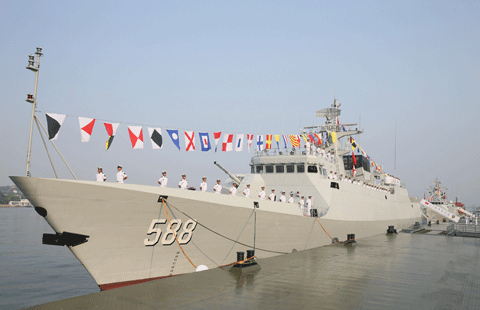
 New-type frigate Quanzhou joins Chinese navy
New-type frigate Quanzhou joins Chinese navy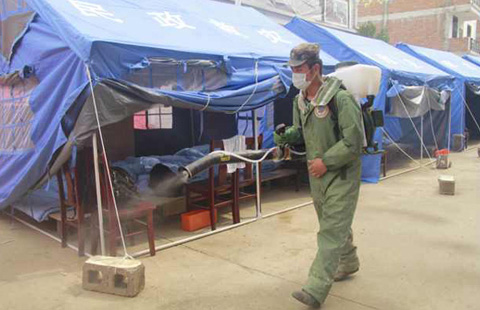
 Disinfection conducted in quake-hit Ludian
Disinfection conducted in quake-hit Ludian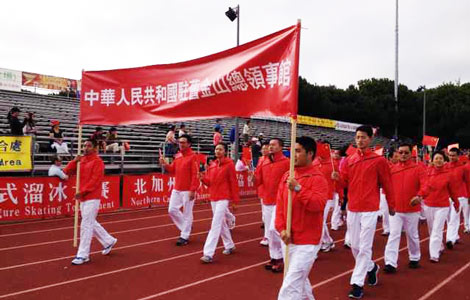
 Let the game begin!
Let the game begin!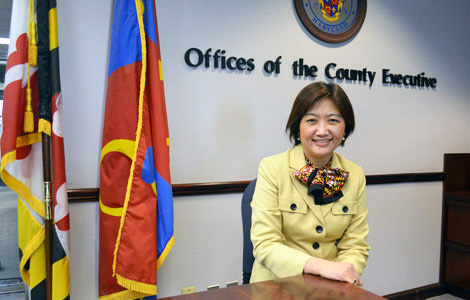
 Lily Qi: Leading like a true American
Lily Qi: Leading like a true American
Most Viewed
Editor's Picks

|

|

|

|

|

|
Today's Top News
Chinese Ebola doctors leave for Africa
At least 39 killed in Tehran jet crash
US is top destination for Chinese fugitives
Beijing 'open' to US airstrikes in Iraq
Foreigners jailed for obtaining data
BMW to reduce prices amid probe
New thriller breaks stereotype
US airstrikes Iraqi Sunni extremist targets
US Weekly

|

|

